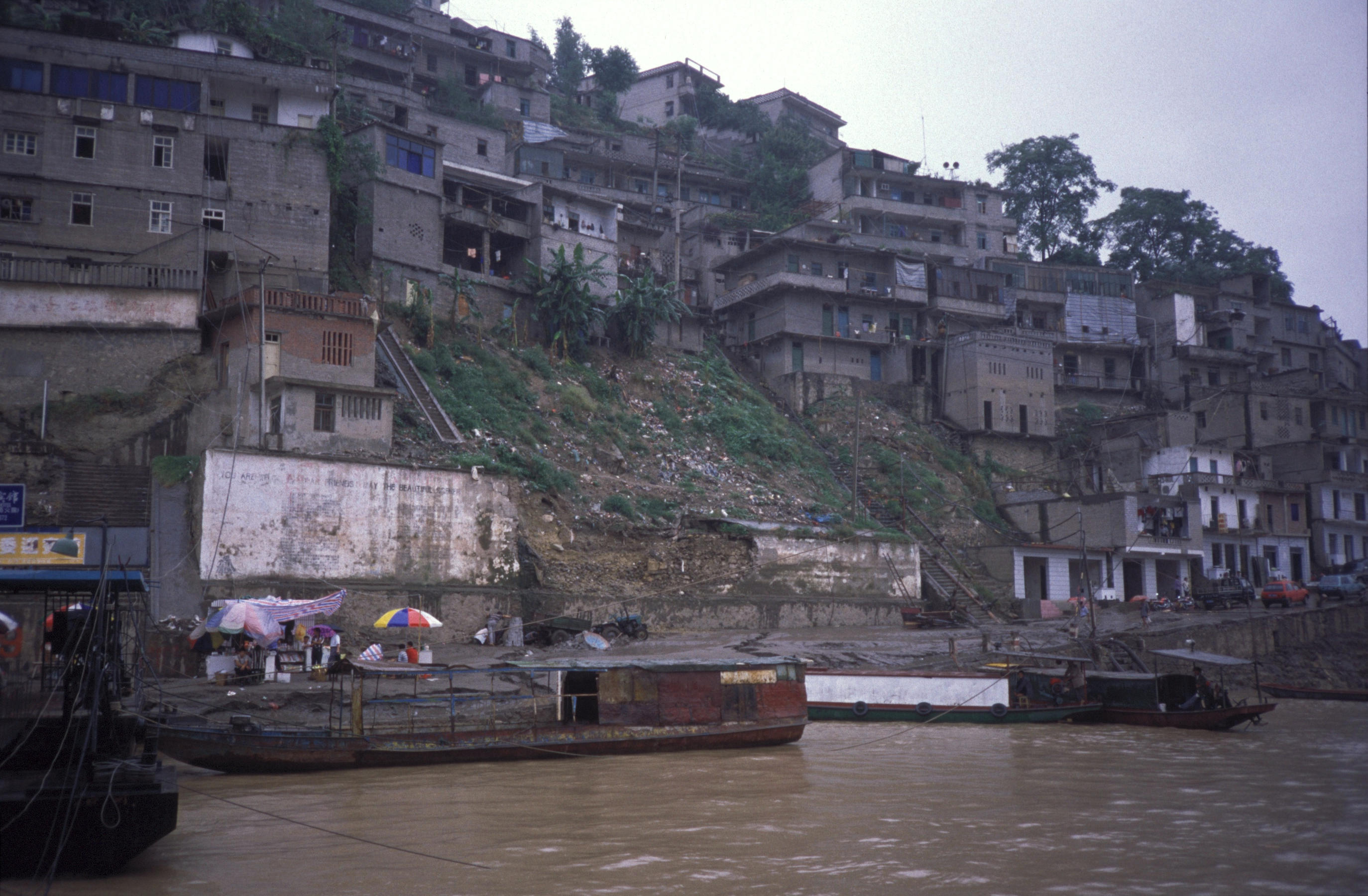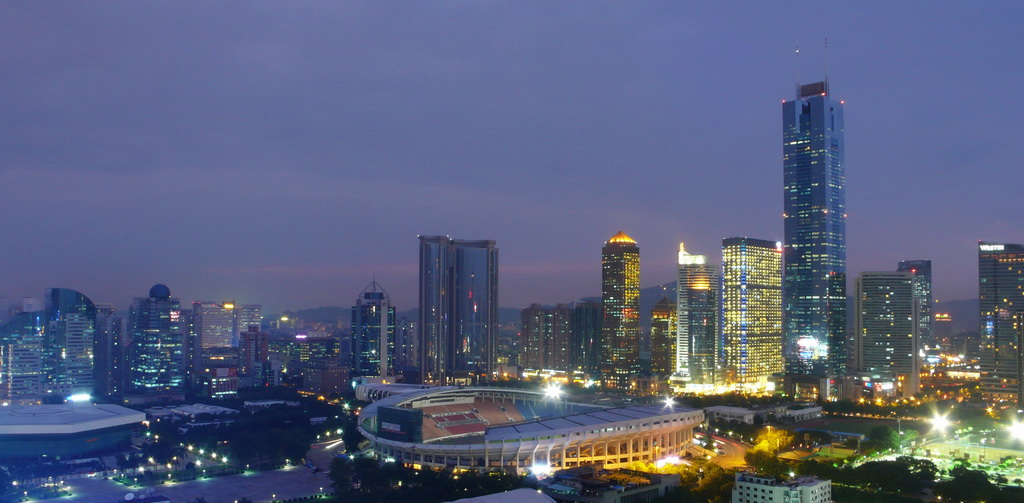|
Wushan Township, Zhejiang
{{disambig ...
Wushan may refer to the following locations in the People's Republic of China: *Wushan County, Chongqing (巫山县) **Wu Mountains, or Wushan (巫山), mountainous region *Wushan County, Gansu (武山县), county of Tianshui City, Gansu * Wushan, Lechang (五山), town of Lechang, Guangdong * Wushan, Shandong (吾山), town of Anqiu, Shandong *Wushan Subdistrict, Guangzhou (五山街道), subdistrict in Tianhe District, Guangzhou, Guangdong *Wushan Subdistrict, Changsha (乌山街道), subdistrict in Wangcheng District, Changsha, Hunan * Wushan, Sui County (), town in Sui County, Suizhou, Hubei, China See also * Wushan Man Wushan Man (, literally "Shaman Mountain Man") is a set of fossilised remains of an extinct, undetermined non-hominin ape found in central China in 1985. The remains are dated to around 2 million years ago and were originally considered to represen ... [...More Info...] [...Related Items...] OR: [Wikipedia] [Google] [Baidu] |
Wushan County, Chongqing
Wushan County () is a county located in Chongqing municipality. It occupies roughly and has a population of about 600,000. The county seat is located at the western entrance to the Wu Gorge in the Three Gorges region. Wushan is famous for its Little Three Gorges () located on the nearby Daning River. The Wushan county seat is on the northern bank of the Yangtze River channel, which in the Gorges region was flooded after the construction of the Three Gorges Dam. The original town was abandoned and submerged under the rising waters, and the new town constructed on the hills above. The population of the town is something in excess of 100,000, and the main economic activity in the area is coal mining, almost all from very small mines in the surrounding mountains. Tourism also plays a role, although tourist activity is not as great as it was before the flooding of the Gorges in the first decade of the 21st century. The Little Three Gorges are no longer as deep or as spectacular ... [...More Info...] [...Related Items...] OR: [Wikipedia] [Google] [Baidu] |
Wu Mountains
Wu Gorge (), sometimes called Great Gorge (), is the second gorge of the Three Gorges system on the Yangtze River, People's Republic of China. Formed by the Wu River, it stretches from Wushan to Guandukou, and is located downstream of Qutang Gorge and upstream of Xiling Gorge. The gorge straddles the boundary between Wushan County of Chongqing Municipality (formerly part of Sichuan Province) and Badong County, Hubei Province. The Gorge has been known as the Wu Gorge since at least the Three Kingdoms Period, when it was recorded in the geographical treatise Shui Jing Zhu. In 589 AD, General Lü Zhongsu of the Chen Dynasty stationed troops in the Wu and Xiling Gorges in an attempt to stop the advancing Sui Dynasty armies. Tang Dynasty The Tang dynasty (, ; zh, t= ), or Tang Empire, was an Dynasties in Chinese history, imperial dynasty of China that ruled from 618 to 907 AD, with an Zhou dynasty (690–705), interregnum between 690 and 705. It was preceded by the ... [...More Info...] [...Related Items...] OR: [Wikipedia] [Google] [Baidu] |
Wushan County, Gansu
Wushan County () is a county in the east of Gansu Province of China. It is under the administration of the prefecture-level city of Tianshui. Its postal code is 741300, and in 1999 its population was 418,648 people. The population in 2017 was 500,000 people. History Humans have inhabited the area since at least 38,000 years ago. The county was knows as Xinxing () during the Eastern Han Dynasty (188 AD). During the Song dynasty it was named Ningyuan (). Since the Republic of China it holds the current name. Administrative divisions Wushan County is divided to 13 towns and 2 townships. ;Towns ;Townships * Zuitou Township() * Yan'an Township () Climate Economy Agricultural produce from Wushan are wheat, artichoke, flax, rapeseed, tomato, carrot, Amaranth grain, Codonopsis and Angelica. Iron, copper and molybdenum mines are also present in the county. Culture ;Cuisine Wushan food is a mix of Lanzhou, Sichuan and Tibetan cuisine. Specialities from the region are: * Donut shaped ... [...More Info...] [...Related Items...] OR: [Wikipedia] [Google] [Baidu] |
Wushan Subdistrict, Guangzhou
{{disambig ...
Wushan may refer to the following locations in the People's Republic of China: *Wushan County, Chongqing (巫山县) **Wu Mountains, or Wushan (巫山), mountainous region *Wushan County, Gansu (武山县), county of Tianshui City, Gansu * Wushan, Lechang (五山), town of Lechang, Guangdong * Wushan, Shandong (吾山), town of Anqiu, Shandong *Wushan Subdistrict, Guangzhou (五山街道), subdistrict in Tianhe District, Guangzhou, Guangdong *Wushan Subdistrict, Changsha (乌山街道), subdistrict in Wangcheng District, Changsha, Hunan * Wushan, Sui County (), town in Sui County, Suizhou, Hubei, China See also * Wushan Man Wushan Man (, literally "Shaman Mountain Man") is a set of fossilised remains of an extinct, undetermined non-hominin ape found in central China in 1985. The remains are dated to around 2 million years ago and were originally considered to represen ... [...More Info...] [...Related Items...] OR: [Wikipedia] [Google] [Baidu] |
Tianhe District
Tianhe District () is one of the eleven districts of Guangzhou, the capital of Guangdong province. In Chinese, the name Tianhe literally means "a river in the sky/heavens", which is also a Chinese name for the Milky Way. It is bordered by Yuexiu District on the west, Baiyun District on the north and Huangpu District on the east. Haizhu District is on its south, though they are separated by the Pearl River. Tianhe became a district in the 1980s as the city expanded its size. Back then, it was east of Dongshan District (which was merged into Yuexiu in 2005) and retained a suburban or even rural atmosphere. A majority of colleges and universities in the city were located in the district. However, Tianhe District has seen a sharp decline in arable land at an average rate of 1,000 mu per year due to urbanization since 1991. Tianhe has since developed into one of the most desirable areas in Guangzhou. Symbolic landmarks of Guangzhou located in Tianhe District are: Citic Plaza, Gua ... [...More Info...] [...Related Items...] OR: [Wikipedia] [Google] [Baidu] |
Wushan Subdistrict, Changsha
Wushan () is a subdistrict of Wangcheng District, Changsha, Hunan, China. It is located on the south bank, the lower reaches of Wei river, near the estuary. the subdistrict is bordered by Gaotangling to the north and east, Jinzhou of Ningxiang and Bairuopu to the west, Huangjinyuan and Baishazhou to the south. Wushan covers an area of with a population of 60 thousand. The subdistrict has 11 villages and four residential communities under its jurisdiction, the administrative centre is at Yujiaqiao (). Subdivision At merging of Wushan and Yujiapo on November 19, 2015, the new formed subdistrict had 12 villages and four residential communities. At the adjustment of village-level administrative divisions on March 23, 2016, Chayuan () and Jijiaxiang () were merged as a new formed village of Weizi (); the subdistrict has four residential communities and 11 villages in 2016. History Pre-Wushan Yujiapo The Yujiapo subdistrict () was formed from a portion of Gaotangling Gaotangling ... [...More Info...] [...Related Items...] OR: [Wikipedia] [Google] [Baidu] |
Sui County, Hubei
Sui County or Suixian () is a county located in northern Hubei province, People's Republic of China, bordering Henan province to the north. It is under the administration of Suizhou City and was established in May 2009. It was the location of the minor state of Li during the Warring States period, and was conquered by Chu at some point. Administrative divisions Nineteen towns: * Lishan (), Gaocheng (), Yindian (), Caodian (), Xiaolin (), Huaihe (), Wanhe (), Shangshi (), Tangxian (), Wushan (), Xinjie (), Anju (), Huantan () (sometimes written as ), Hongshan (), Changgang (), Sanligang (), Liulin Liulin ( is a county of western Shanxi province, China, bordering Shaanxi province and the Yellow River to the west. It is under the administration of Lüliang city. The county is the site of the Xiangyan Temple ( zh). Liulin has been inhabited s ... (), Junchuan (), Wanfudian () (formerly Wanfu ()) References Counties of Hubei Suizhou {{Hubei-geo- ... [...More Info...] [...Related Items...] OR: [Wikipedia] [Google] [Baidu] |



